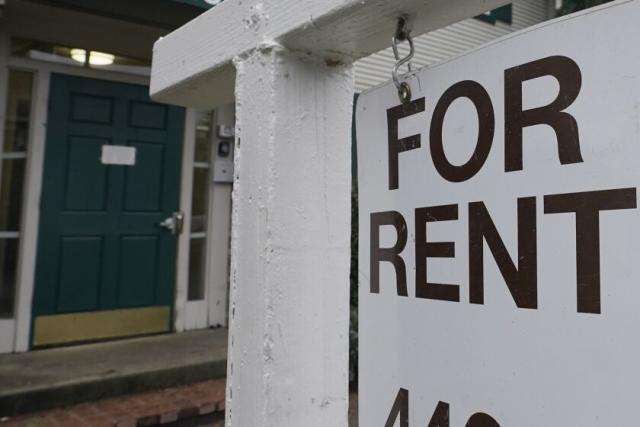California May Prohibit Landlords from Banning Pets in Certain Buildings: Who Will Be Affected?

Landlords of medium and large rental properties in California may soon be unable to ban pets without valid reasons, following recent legislative developments. This week, the Assembly advanced a bill that restricts landlords from imposing pet bans, though it has undergone significant changes due to pressure from powerful housing interest groups. Assemblyman Matt Haney, D-San Francisco, the bill’s author, altered Assembly Bill 2216 to narrow the scope of affected units and to permit property owners to charge additional deposits and pet rent.
Currently, tenants have limited recourse when landlords completely ban pets or impose high pet rents. Haney noted that pet-owning tenants often struggle to have their rental applications considered. As chair of the Legislature’s five-member Renters Caucus, Haney faces significant opposition from groups like the California Apartment Association, which wield considerable influence in a governing body predominantly composed of homeowners. Despite the efforts of tenants’ rights advocacy groups, their lobbying power is not as robust. The California Apartment Association alone spent over $391,000 lobbying on various bills and policies, including AB 2216, in the first quarter of the year.
Originally, Haney’s bill aimed to prevent landlords from banning common household pets, such as dogs and cats, without “reasonable justification.” It also sought to prohibit additional pet-related fees. However, the amended version of AB 2216 now applies only to buildings with 15 or more rental units. Landlords can charge a pet deposit of up to half a month’s rent, not exceeding $1,000, to cover pet-related damages. While landlords cannot charge a monthly fee for the first pet, they can collect up to $50 per month for each additional pet. Tenants are not required to disclose pet ownership during the application process, only before signing a lease.
According to U.S. Census Bureau data, about 44% of Californians rent their homes, but only 36% of renters live in buildings with 10 or more units, meaning the bill will not affect the majority of tenants. On Thursday, Haney presented his bill on the Assembly floor, announcing an agreement with the California Apartment Association to incorporate the amendments when AB 2216 moves to the Senate. The measure passed the Assembly with a 46-9 vote.
While the Sacramento Bee has sought comments from the Apartment Association, tenants have seen some legislative victories in recent years. For instance, a 2019 bill from former Assemblyman David Chiu, D-San Francisco, capped rent increases and required “just cause” for evictions. Haney’s previous bill, passed last year, capped security deposits at one to two months’ rent.
Haney believes that the security deposit cap facilitated negotiations on the pet bill. He emphasized that landlords should accept more pets and eliminate blanket no-pet bans in exchange for the ability to charge additional fees. The bill now proceeds to Senate committees for further consideration.




